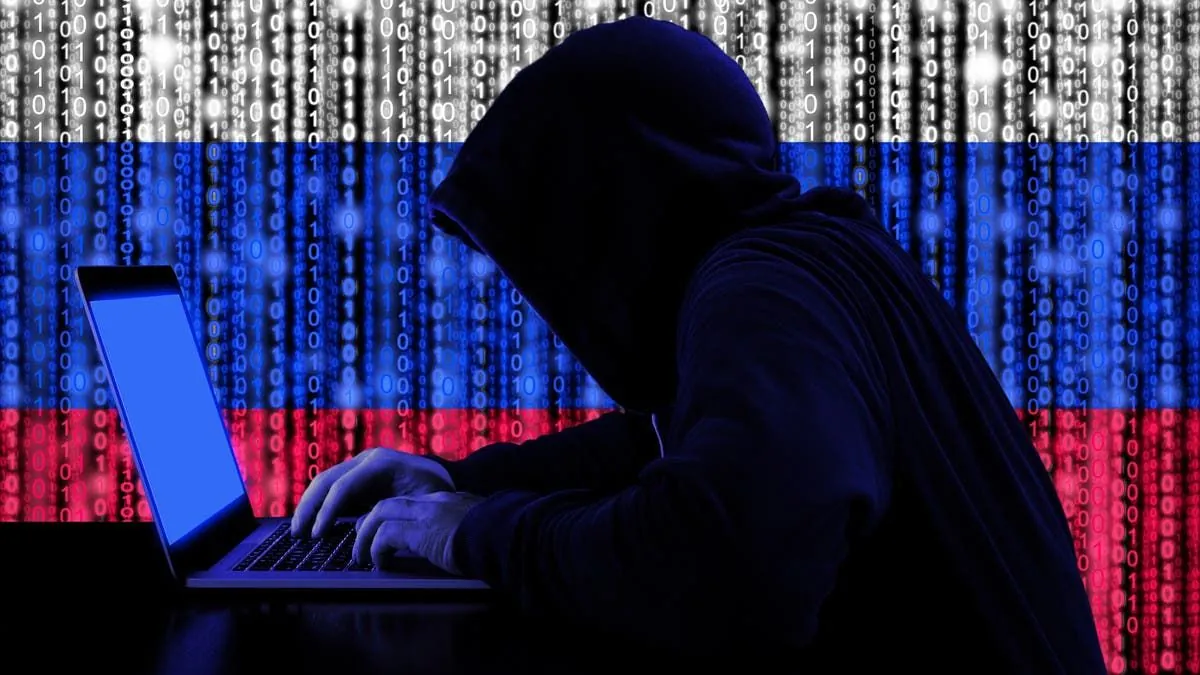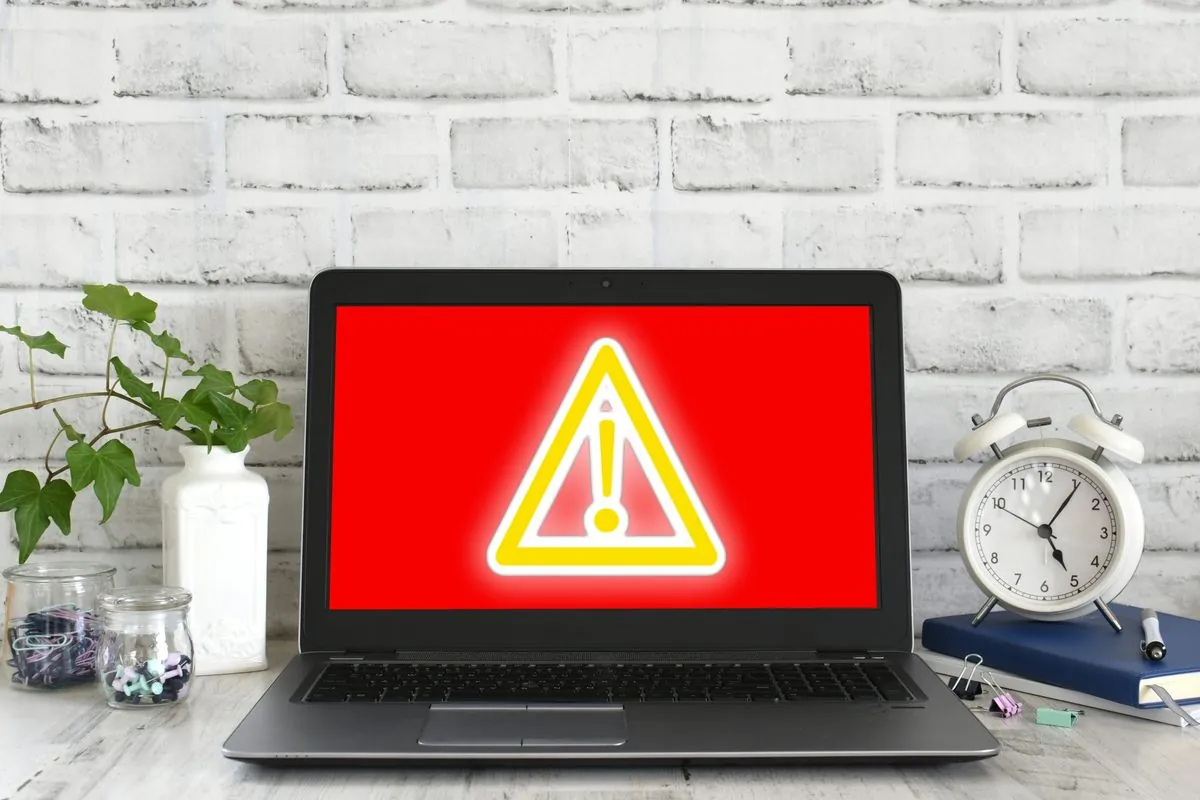Iran Linked to Cyber Attacks on U.S. Presidential Campaigns
U.S. intelligence agencies confirm Iran's involvement in hacking attempts on presidential campaigns. The attacks, using phishing emails, targeted key campaign staffers, raising concerns about election interference.

U.S. intelligence agencies have officially attributed recent cyber attacks on presidential campaigns to Iran. The FBI, Office of the Director of National Intelligence, and Cybersecurity and Infrastructure Security Agency jointly announced that Iranian actors attempted to infiltrate both the Trump and Biden-Harris campaigns through sophisticated phishing operations.
These attacks, occurring approximately two months ago, targeted campaign staffers with deceptive emails designed to compromise their communications. Among the high-profile targets was Susie Wiles, a senior official in Donald Trump's 2024 presidential campaign.
The intelligence community expressed confidence that Iranian operatives employed social engineering tactics to gain access to individuals closely associated with both major political parties' presidential campaigns. This activity, including potential data theft and disclosure, is believed to be part of a broader strategy to influence the U.S. election process.

Iran's interest in the upcoming U.S. presidential election stems from its potential impact on Iranian interests. This is not an isolated incident, as Iran has a history of cyber operations against the United States dating back to at least 2009. The Islamic Revolutionary Guard Corps (IRGC) is believed to be responsible for many of these operations, which have targeted various sectors including infrastructure and financial institutions.
"Iran and Russia have employed these tactics not only in the United States during this and prior federal election cycles but also in other countries around the world."
This statement highlights the ongoing nature of such threats, with both Iran and Russia repeatedly attempting to interfere in democratic processes globally. Iran's cyber capabilities have increased significantly since 2010, and the country is now considered to be among the top five cyber powers worldwide by some experts.
The FBI initiated its investigation into these Iranian hacking attempts in June 2024, collaborating with major tech companies like Google and Microsoft to analyze the phishing campaign. One notable success for the hackers was the compromise of Roger Stone's email account, a longtime informal adviser to Trump. This breach allowed the attackers to send further phishing links to Stone's contacts.
Iran's cyber activities often focus on espionage and disruption rather than destruction, and the country has been known to use "false flag" operations to disguise its attacks. In response to such threats, U.S. intelligence agencies have advised individuals to implement strong cybersecurity measures, including the use of robust passwords, multi-factor authentication, and cautious handling of suspicious emails.
As the 2024 U.S. presidential election approaches, the threat of foreign interference remains a significant concern. The U.S. imposed sanctions on Iran in September 2022 in response to its cyber activities, but the country continues to pose a substantial threat to electoral integrity and national security.


































